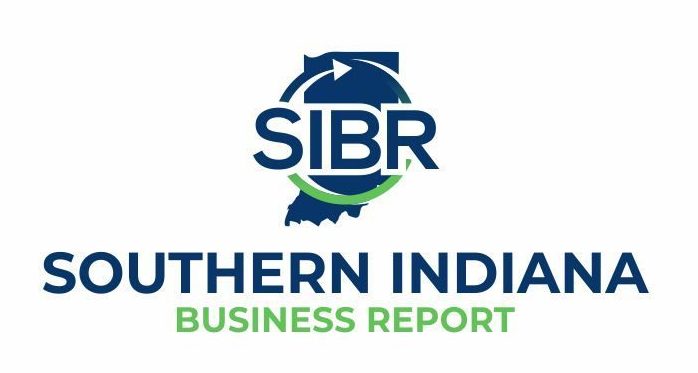By Larry DeBoer | Purdue University
Where is our economy going? Let’s ask some folks whose job it is to forecast the future of the U.S. economy. How about looking at three forecasts — one from government economists, one from academic economists, and one from business economists.
The Congressional Budget Office updated its economic forecast in July. The CBO is responsible for projecting federal revenues and costs for Congress, and the CBO needs a picture of the future of the economy to do that. If these folks are wrong, it has consequences for national policy.
The Research Seminar on Quantitative Economics is run by specialists at the University of Michigan. They put out a new forecast in August. The RSQE has been doing forecasts for almost 70 years, and their professional reputations depend on getting it right.
The Philadelphia Federal Reserve surveys business economists about their economic forecasts, and publishes the averages. It surveyed 36 economists in August. If business economists aren’t right at least some of the time, they don’t get paid!
We have three respectable sources with recent forecasts, all with incentives to be right. Best of all, their forecasts are available on the internet — for free. Search CBO, RSQE or “Philadelphia Fed economic forecast” and you’ll find them.
Real GDP grew 6.6% in the second quarter, which is very fast, but the delta variant is scaring consumers and keeping workers at home. Will our recent rapid growth continue, or will the resurgence of COVID slow things down?
All three forecasts point to growth. The CBO says real GDP will grow 6.7% in 2021, RSQE says 5.8%, and the business economist survey averages 6.1%. Growth also will be rapid in 2022, they say, ranging from 4.1% to 5%. Only in 2023 will growth rates drop to the 2% range, like we had through most of the 20-teens.
We’ve been growing rapidly, but we’re not back where we want to be. The unemployment rate was still 5.2% in August, despite all the job openings. When will the unemployment rate drop below 4%, where it was before the pandemic crashed the economy?
Our forecasters disagree on this one. The CBO thinks it will happen in 2022 when it says the unemployment rate will be 3.8%. The businesses economists say it won’t fall below 4% until 2023. The RSQE has the unemployment rate above 4% in 2023, and they don’t show a forecast for 2024. We can’t tell if their answer to the below-4% question is “later” or “never.”
The 12-month inflation rate was 5.2% in August, higher than it’s been in decades. Will the current high inflation be temporary, or is it the beginning of another Great Inflation, like in the 1970s?
The forecasts all agree that high inflation is temporary. They all have inflation rates in 2022 back in the low-to-mid 2% range, similar to inflation during the last expansion.
The Federal Reserve is stimulating the economy with the lowest possible policy interest rate. With rapid growth, falling unemployment and high inflation, the Fed is feeling some pressure to increase interest rates sooner rather than later. When will the Federal Reserve increase interest rates?
We can tell from the forecasts of the three-month Treasury bill interest rate, which moves in lock step with the Fed’s policy rate. All three have it at one-tenth of 1% in 2022. That means no Fed action next year. In 2023, though, RSQE and the business economists see a boost in the short-term interest rate to one-half of 1%. That would mean a couple of quarter-point rate increases from the Fed. The CBO puts the rate at two-tenths, which would mean a single increase late in 2023. Of course, the Fed may have other ideas.
The forecasts agree that we’ll see rapid growth this year and next, with a falling unemployment rate. They disagree how long it will take to get the unemployment rate back to 2019 levels. Inflation will subside by the middle of next year, and the Fed won’t act to raise interest rates until 2023.
Maybe the forecasts will be right. Maybe they’ll be wrong. Either way, governments, businesses and regular folks will make important decisions based on these predictions.
Larry DeBoer is a professor and extension specialist in agricultural economics at Purdue University.



